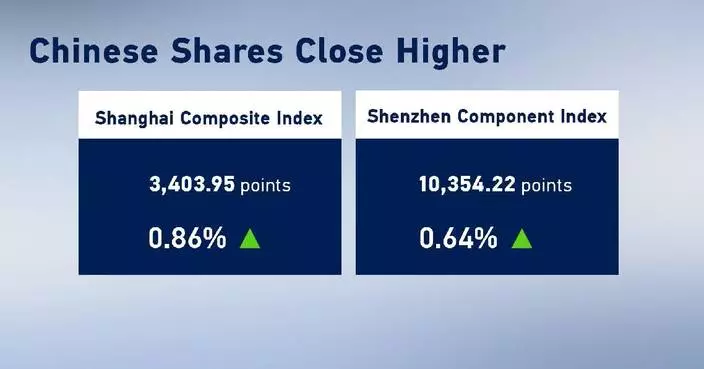Public libraries across China have been adopting a variety of artificial intelligence systems, which are already improving the efficiency of everything from book sorting to resource sharing.
The Sun Yat-sen Library of Guangdong Province in south China purchases approximately 300,000 new books annually. Under traditional methods, new books must undergo 16 processes, including classification, cataloging, and labeling, before they can be shelved.
The average daily processing capacity by staff was less than 300 books, resulting in a shelving cycle of up to three weeks.
Now, however, the newly installed smart system enables the entire process of scanning new book covers and automatically labeling books to be fully automated before shelving.
The latest 2,000 books added to the library's collection were processed in just 10 minutes, a task that previously took 20 days.
Meanwhile, Zhejiang Library in east China has newly introduced an intelligent book return and sorting system that allows the front-end return machine to quickly recognize book information for returns. The books are then transferred to a sorting cart and moved to designated storage areas.
"The system can handle 1,500 book returns and sorting per hour, with accuracy improved from the 95 percent required by manual processing to over 99.8 percent handled by machines," said Mei Ying, head of network and digital resources center of the library.
In Beijing, the National Library of China has established an online system that is expected to achieve digital interconnectivity among public library resources nationwide this year.
"We are utilizing blockchain technology to enhance the efficiency and accuracy of resource co-construction, sharing, and mutual understanding among different libraries. This represents a method for resource sharing in the future development of smart libraries," said Xie Qiang, head of the library's digital resources department.

Chinese libraries embrace smart services, welcoming new chapter in AI era





















































